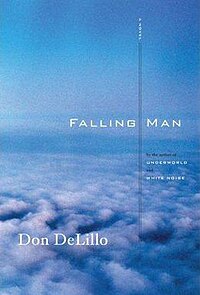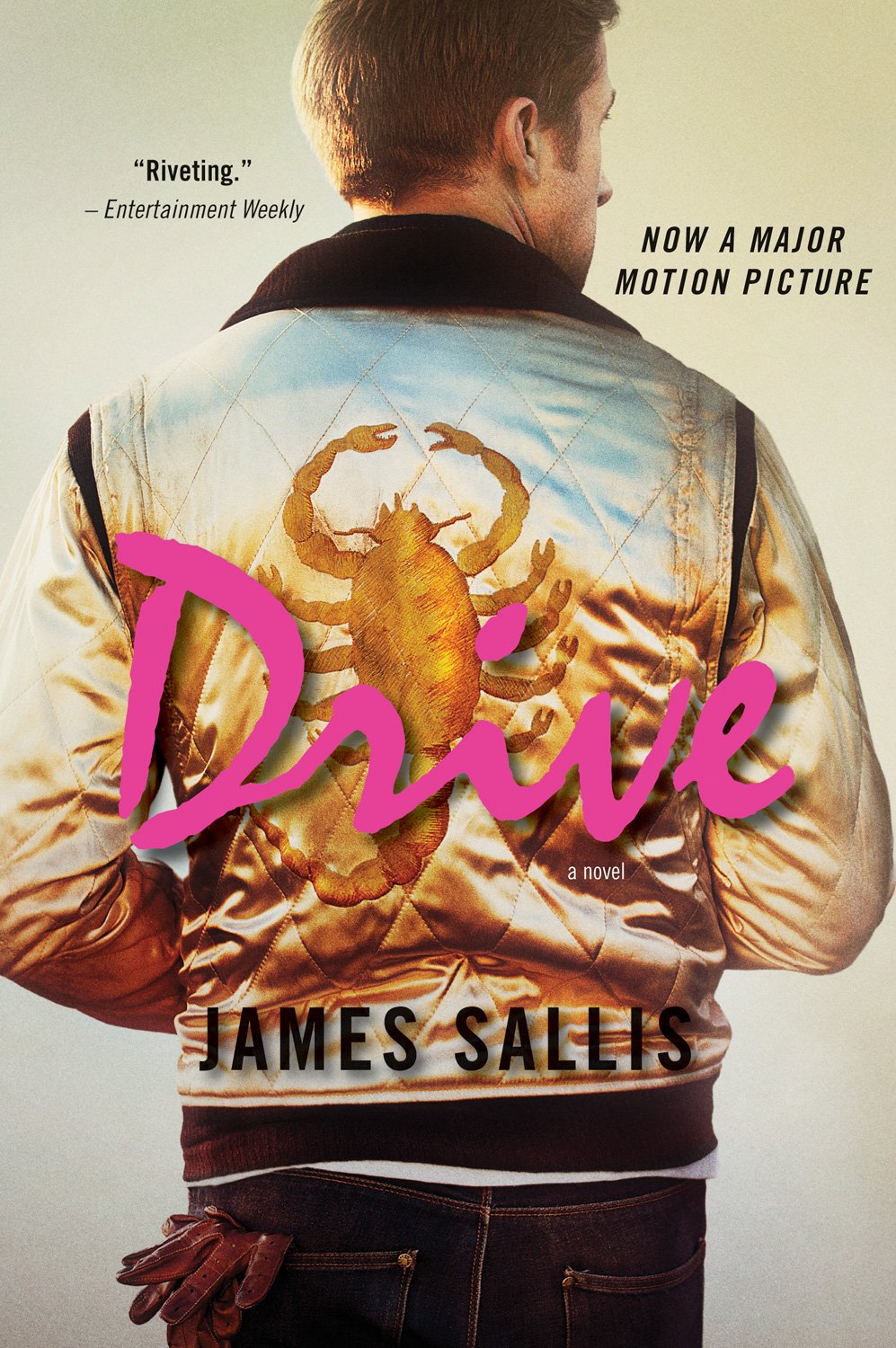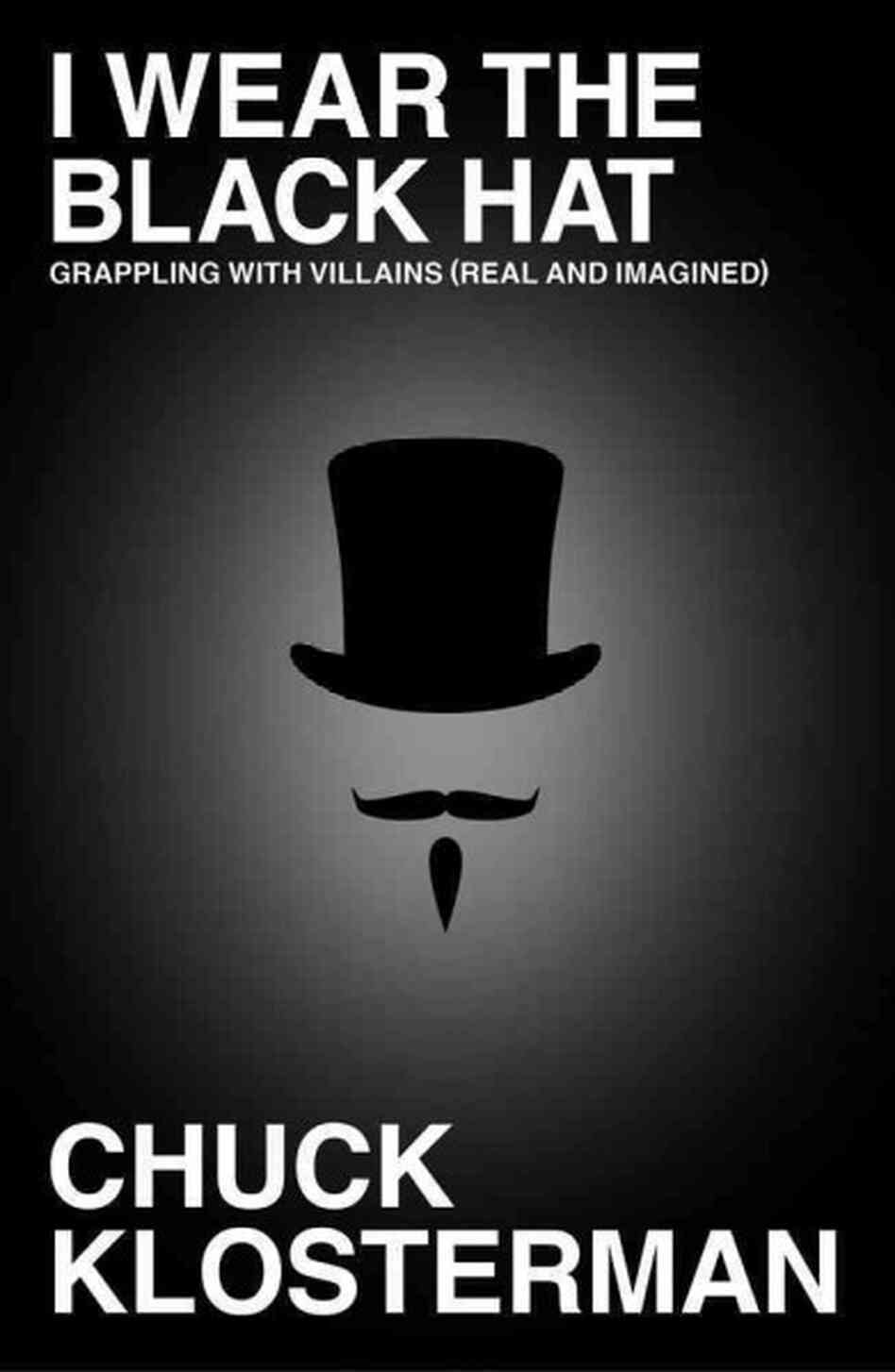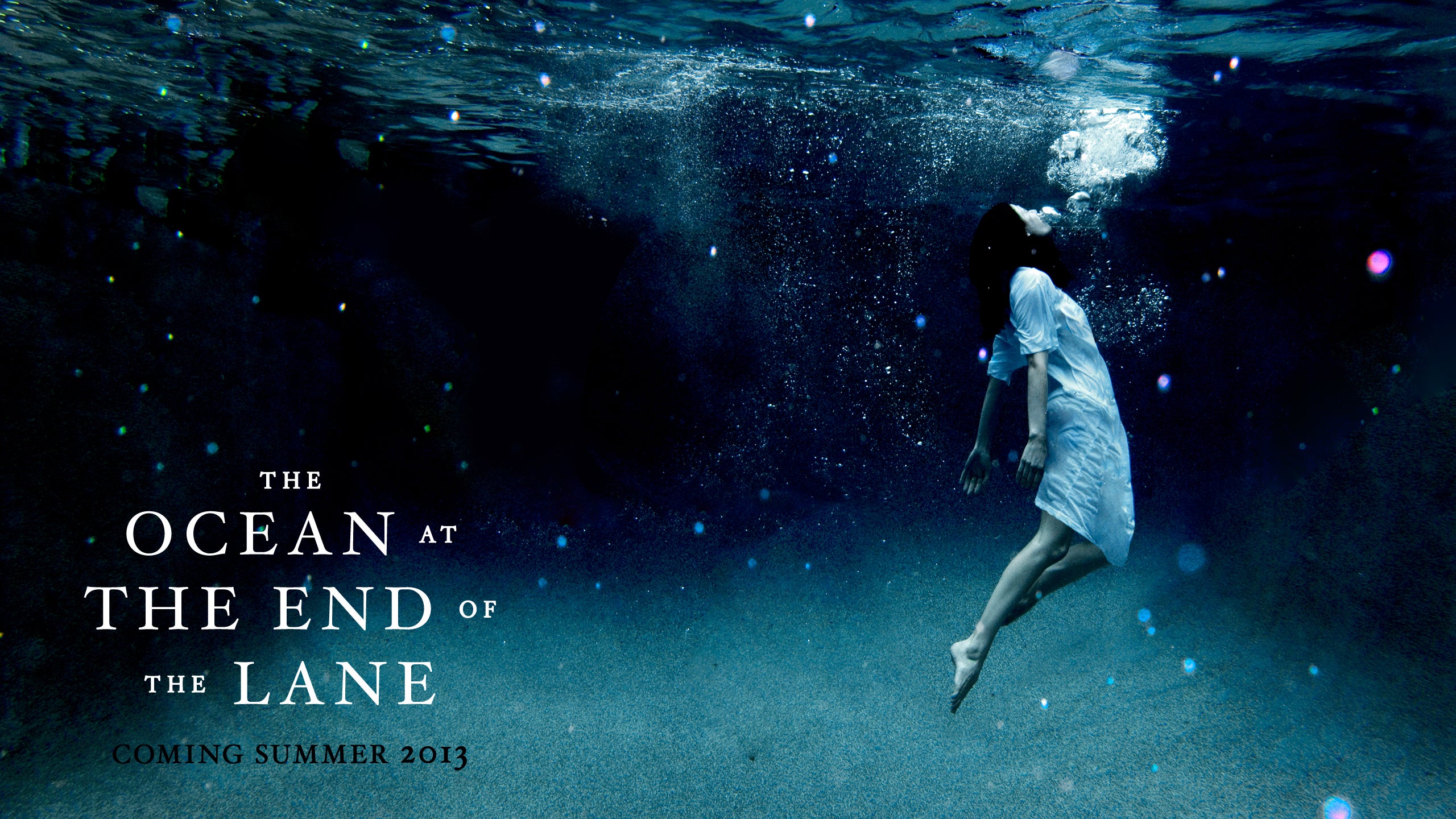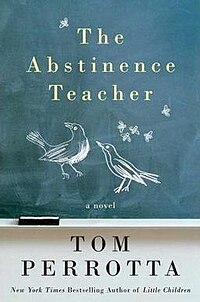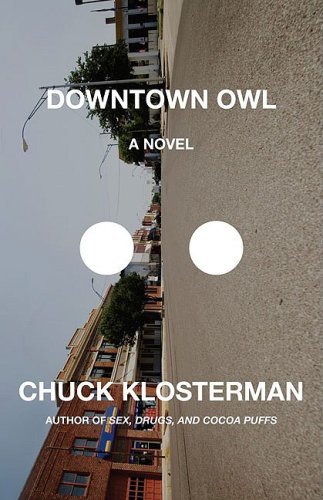35. Foundation - Isaac Asimov (282 Pages) B- (September 1-13)
This was a book club selection. Foundation is the first book in a series that Isaac Asimov wrote for decades. The concept is incredible and I loved the first half of this book. In the future there is an empire and a super smart "psycho-historian" has used his knowledge of human psychology to predict the end of this empire. He uses his status to get a bunch of scientists and peers to be transferred off the capital planet to the far reaches of the universe in order to position themselves to survive the downfall of this empire. The next chapter takes place a few hundred years later and the downfall has happened and this group of intellectuals are on the outskirts, but as was predicted a war is brewing, but since this small community contains the smartest people in the galaxy they are able to use their smarts to show how valuable they are to all of the warring parties.
From here the book lost me. Asimov uses a series of improbably "coincidences" that show this group of scientists predict almost to the day when conflicts would arise that would put their community at risk and he always had a way for them to thrive because of the threat. All in all, the book had great promise, but it did not leave me open to reading the next chapter in the series since this one book became redundant quickly that I couldn't imagine he had much else to say. But with all of these faults, this book did lead itself to one of the better book club discussions of the year.
36. The Shining - Stephen King (658 Pages) B (September 14- September 25)
This was a very heavy Stephen King year for me. But with the sequel to The Shining coming out at the end of September, I wanted to re-read the original horror classic. There's not much to write about here. Most people know the movie and the book is very similar (no matter how much King feels they are different). This was the first time I had this book since 1995 so it was almost like reading it for the first time. It was a very fast read for such a long book. I found the King telegraphed a lot of what was to come too early in the book. Maybe the audience of 1977 needed more padding to the shocking events that eventually took place in Jack's possession/downfall, but it felt like he was warning the reader for 400 pages that something bad was going to happen and then there were 250 pages of some bad stuff, but even that was kind of tame by today's standards. (Read Joe Hill's NOS4A2 if you want to read some truly disturbing parent/child destruction).
The final page had a very poignant paragraph about grief that I look hope to remember whenever I am in a situation where I am grieving for someone and I will recommend it to anyone. It could help put things into perspective.
37. Doctor Sleep - Stephen King (531 Pages) B (September 26-October 9)
This is a difficult book to review. It picks up right where the original ended and we follow Danny Torrence through childhood into adulthood in the first 50 pages where he makes many of the same mistakes as his father and succumbs to alcoholism as well until we witness his "rock-bottom moment". From there he attempts to pick up the pieces of his life and moves to a small town in Vermont where he joins AA, gets a day job and then the book becomes its own.
The book is very well written including the trials and tribulations one goes through as an alcoholic and going through the 12 steps. As always, King excels at writing children and the character of Abra is one of the best he's ever written. Her relationship with her parents as well as Danny is just perfect and I loved almost everything about her (except for the forced reveal about her heritage).
I almost wish this wasn't a sequel to a popular classic because a) King doesn't need the money and b) the parts that he tried to "sequelize" feel forced. Most especially with the location of the climactic finale as well as a cheesy reveal near the end. And my biggest criticism lies in the villain(s) in this book. A story really is only as good as its villains and these villains are simply not very scary or threatening. Maybe I expect better from the self-proclaimed "Master Storyteller", but the True Knot felt like they could be defeated by almost anyone and that shouldn't be the case.
This book still gets a positive recommendation for the simple fact that while reading it I was so into the book one day that I actually missed 2 subway stops on my way home and had to backtrack from near the end of the F Line. If a book can draw you in to the point that you don't only miss your stop by another one after that, I must have enjoyed it.
38. What the Family Needed - Steven Amsterdam (272 Pages) D+ (October 10-October 15)
I really didn't enjoy this book. The premise was following a particular family throughout their entire life. One member of the family apparently had the ability to grant each member of the family a super power for a period of time. It begins with him as a 5 year old and he asks his cousin if she would rather be able to fly or be invisible. She responds invisible and then wakes up with the ability to become so if she wants to. This leads to her sneaking away and catching her father as a drunk and in an affair. The next chapter skips ahead until they are all older and her brother has the ability to fly. He can't get a job and thinks about revealing this power for financial gain. The chapter ends with him showing his wife. He jumps out the window to her horror and it ends so you are unsure if he fell to his death or actually can fly.
This was the problem I had with the book. I'm pretty sure all of the "powers" these family members had were actually metaphors for how they were able to deal with their situations around them and not actual "super powers", but it was such a lazy premise and wasn't written in a satisfying way that I wanted to just stop reading the book. In the end I finished it, but could never really get into the voice of the characters.
39. A Tree Grows in Brooklyn - Betty Smith (493 Pages) A- (October 16- October 29)
A book like this is why I joined a book club in the first place. This is a Classic American Novel that I would never have read in another situation. I had no idea what it was about but just didn't care. This was assigned by my friend Ed and I just fell in love with it from page one. The struggles of this low-income family in the early 20th century Brooklyn was beautiful, endearing and touching. Frances Nolan is a wonderful narrator who painted her corner of Brooklyn perfectly. I can now understand what it must have been like living in New York City in that time period. Doing anything for some money to make ends meet just so your family has the possibility of bettering themselves is something that rings true today. I simply loved everything about this book. My only criticism is it was a little long and could have been edited down a bit. But on the other end, I was sad when it ended. Such a sweet story, with great characters that will be with me forever. My mother also told me the movie is great so I look forward to watching that some day.
40. Invisible Cities - Italo Calvino (165 pages) C (October 30- November 1)
This is the second Calvino book I've read. His books aren't stories so much as they are exercises in writing technique. This has chapter after chapter describing fictional (?) cities all over the world. It is interspersed with Marco Polo talking with Kublai Khan. Are all of these cities places Marco Polo has visited and he is telling Khan about them? Are these even real places or is Polo pulling a 1001 Nights to tell of the most amazing city day in and day out so Khan doesn't kill him? How can these cities talk about modern inventions like electricity and light bulbs/televisions if Polo is describing them? Are they all just one city that keeps getting described in different ways?
This is a little too artistic for me. Although I appreciate books being well written, I prefer them to have an entertaining story that makes me think. How will the character get out of this situation? Books about relationships to people that I can relate to myself.
One funny story about this is when I checked it out from the library the guy behind the counter told me it's his "favorite book". So if you ever want to talk to the hipster librarian dude on 23rd and 7th, just bring up this book and he may have more insightful things to say than yours truly.
41. Falling Man - Don Delilo (265 Pages) C (November 5- November 6)
I feel bad giving a "bad review" to a book about a difficult subject, but I was mostly bored by this. It's obviously a personal story about the writer trying to deal with the 9/11 tragedy, but I could not get into this book too much. It may be Delillo's writing just isn't for me since I attempted his tome "Underworld" earlier this year and stopped reading 150 pages in because I just didn't care and couldn't imagine reading 600 more pages of something like that.
I tried this one because I have interest in 9/11 due to being a New Yorker and actually being in Tower 1 when the first plane hit so these stories do interest me. But the fallout that these people went through just didn't resonate with me. I can understand how a traumatic situation can have personal repercussions, but this book just didn't do it for me.
42. Drive - James Sallis (176 Pages) D (November 7-November 11)
I saw the movie with Ryan Gossling and enjoyed it then saw this book in the library. It is a pure noir novel with an unnamed narrator and him going through life as a driver for films while making money on the side as get away driver for criminals. The movie actually fleshed out some of the stories better than the book. The novel kept everything very distant like the narrator himself. It was very heavy-handed and didn't provide the reader with a flow to the story. I barely understood what was going on and if I hadn't seen the movie I would've been completely confused.
43. John Dies at the End - David Wong (466 Pages) D+ (November 12- November 24)
This book has great reviews but I'm not really sure why. It is a horror/comedy in the vein of Shaun of the Dead. The story revolves around two loser friends that take a strange drug called Say Sauce. The drug basically gives them access to an alternate dimension and allows them to read minds and just know all sorts of things. But that alternate dimension may be hell breaking into our world. It is very long and confusing and written like the author has the worst case of ADD ever.
The imagination behind the story is great, but the execution leaves a lot to be desired. From my research after reading the book, it seems the author used to write for Cracked.com and I guess that makes sense. The humor is there but it reads like a first book with little to no future for the author. I could never fully get into the book and found myself feeling forced to finish it.
44. I Wear the Black Hat - Chuck Klosterman (200 Pages) B+ (November 25-November 27)
I was getting tired of Klosterman's style of essays about pop culture, but this one at least had a theme. He wrote about villains in the world. Everyone from OJ Simpson to Bernie Goetz. He wrote about if Batman was real and how he would be perceived by the media and society.
I also feel like since we are similar in age, we have many of the same view points. He had a chapter about how when he was younger he adamantly hated certain celebrities and rock bands, but now that he is older he just doesn't have the energy anymore to hate (a point of view that I've noticed about myself lately). He writes how he used to actively HATE the band The Eagles. But now that he's older, he realizes they are just a group of people that figured out how to make a living playing music. As consumers, we really shouldn't hate or love any of these people, but we all put these celebrities in these categories of "we like them or hate them" without ever knowing them.
Klosterman writes intelligently about these media villains and he didn't use too many of his writing "tricks" that get on my nerves of talking about things that are "Important" or how they "Matter" too much. He often falls back on these lazy categories without really ever explaining what makes someone like Andrew Dice Clay "Matter". If you ever read one of his books, this previous paragraph will make more sense to someone that has never read a Klosterman book. But in the end, this was a fun book about things that actually interest me no matter how much none of them actually "Matter".
45. Floating City - Sudhir Venkatesh (278 Pages) B+ (November 30-December 5)
Because many of the characters in this book had regular "day jobs" while at night they were drug runners, prostitutes or pimps it made me look at everyone I passed in the city in a different light. How many of the women dressed up in regular clothes going to work on the subway may have been paid for last night's "Date" they went on? How many of the bartenders in I've gotten drinks from have a deal with the women in the corner booth to send over prospective clients?
Like with many of these "non-fiction" books, I have a hard time believing it all. He claims everything he wrote was true, but I was literally living in the East Village while these stories were happening around me and I find it surprising that there was a huge latina prostitution ring trying to break into the young, rich, "white world". It is definitely a book worth reading, but the question remains how specialized was his sample set of data? If what Venkatesh says is true, then it seems at least one friend of mine has slept with a potential employer in order to get a job. I find this hard to believe, but I guess anything is possible.



